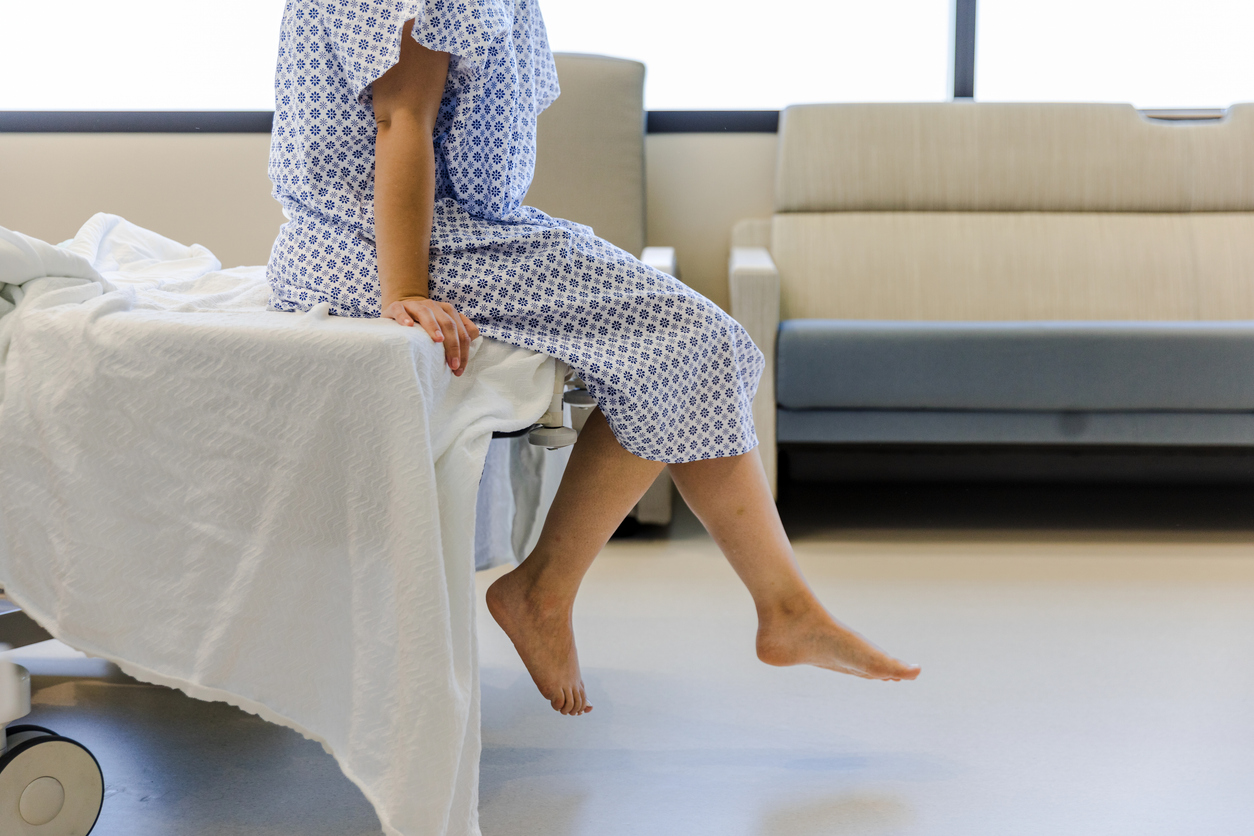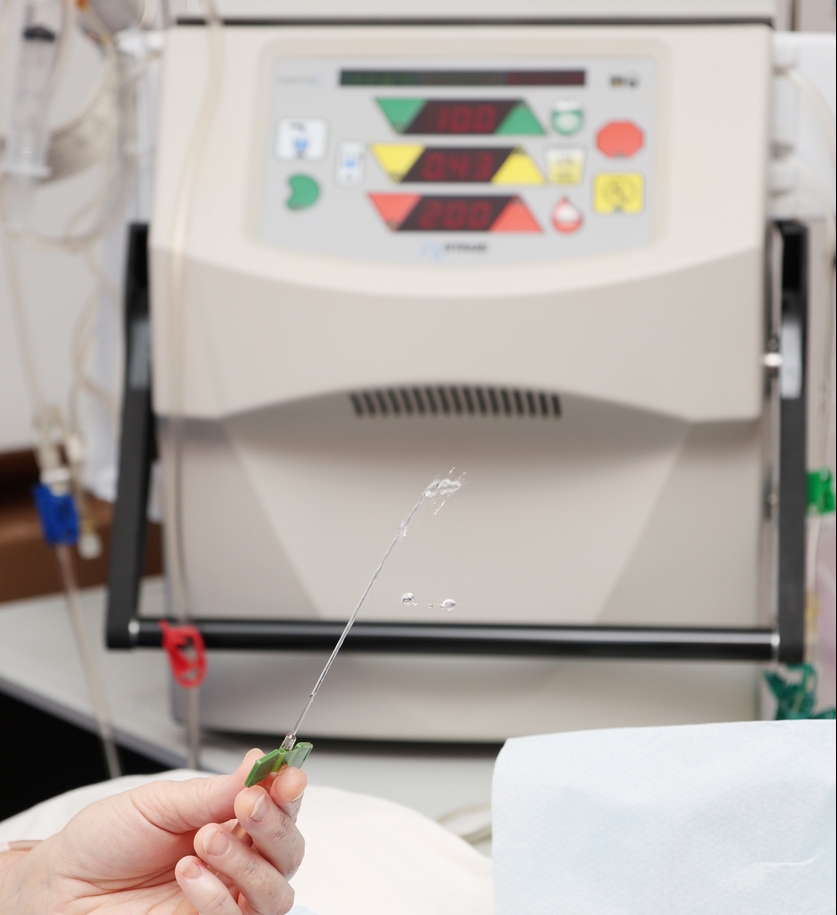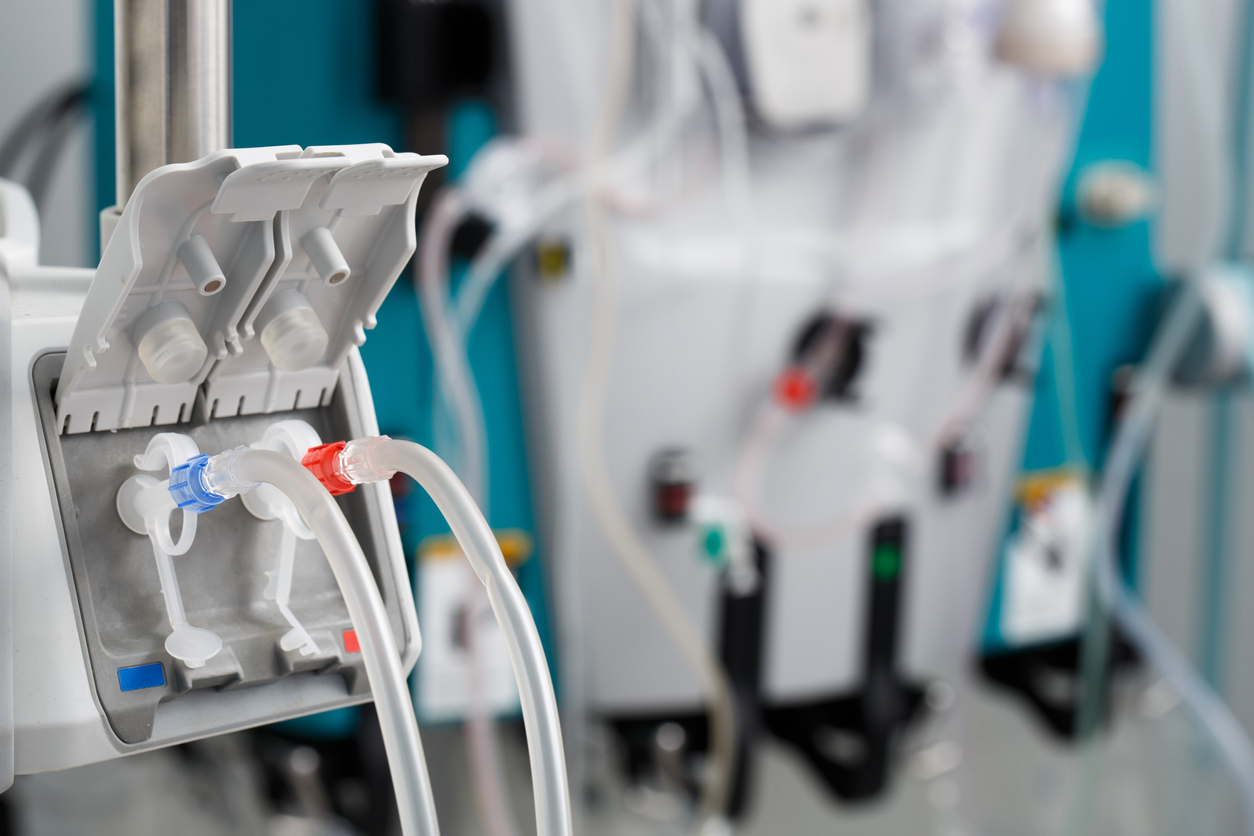Merida Bourjolly: Taking Control of Her Care and Finding Meaning Through Advocacy
Merida Bourjolly, President of DPC Education Center Board of Directors Merida Bourjolly had a kidney removed when she was just three weeks old, though it wouldn’t be until much later that her experience with dialysis would begin. By then, she already owned her own business and had both a teenage daughter and her mother to take care of at home, which meant starting dialysis came with big adjustments. She did her best to continue working five to six days a week like she had before, but found she was increasingly tired while styling her clients’ hair. Eventually, she [...]










